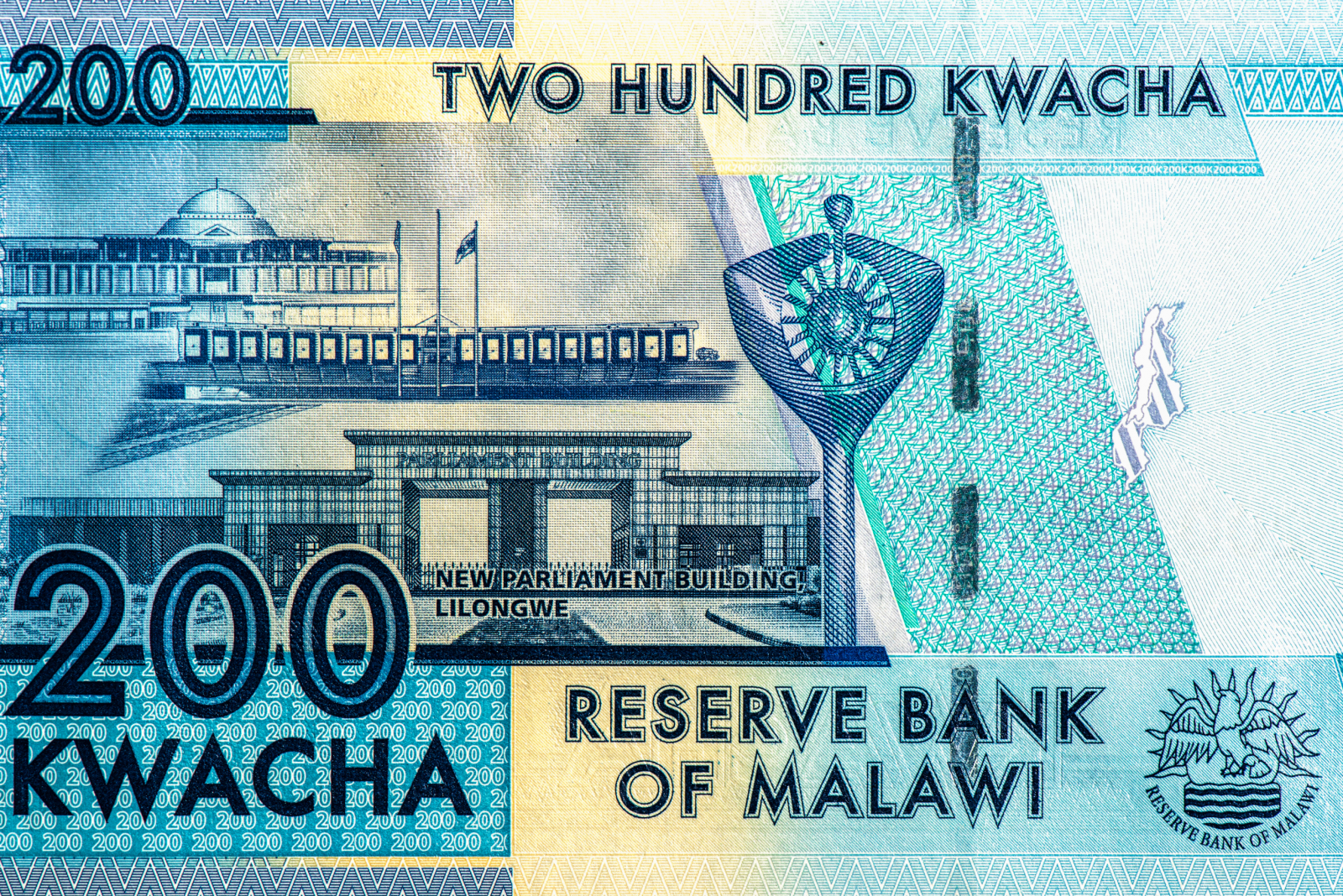
SHARE
Effective management of public debt starts with effective parliamentary oversight. This was the theme of a workshop organized by the National Democratic Institute (NDI) in partnership with the Malawi Parliament on August 12, 2023, at the Bingu International Convention Centre (BICC) in Lilongwe. Similar to many African countries, Malawi is facing pressure on the continuously rising and unsustainably managed public debt, which soared to K7.9 Trillion (USD 700 Billion) in December 2022. The debt to GDP ratio stands at 66.7%.
The Malawi Parliament’s focus on this issue is driven by the government's recent commitment to ensure that loans taken out by the government are reviewed by parliament. This commitment was made as part of Malawi’s recently launched Open Government Partnership National Action Plan (OGP NAP 2022- 2025). The Open Government Partnership (OGP) is a global platform where member countries commit to promoting open government, empowering citizens, and fighting corruption. Malawi’s commitment underscores the nation's pledge to enhance debt transparency, scrutiny, and accountability—a crucial endeavor given Malawi's ongoing struggle with mounting debt burdens balanced with its desire to address challenges to citizens’ livelihoods. It is this OGP process that has recently spurred authorities, for the first time, to refer two loan authorization bills to Parliament.
The workshop brought together key members of parliament (MPs) and staff with roles in the processes involved in parliament’s approval of loans and public borrowing. These stakeholders included the first deputy speaker, deputy clerk of parliament, and chairpersons of different committees in parliament, including the Budget and Finance Committee, as well as parliament clerks, and section heads. The workshop was organized as part of an NDI-led regional initiative to expand coordination and exchanges on issues of public debt management and improve transparency.
“The onus is on us as a parliament to play a proactive role in ensuring prudent fiscal policies and transparent debt management. We must guarantee that processes involving public debt are transparent and accountable and that all debt contracted aligns with the aspirations of the people of Malawi as inscribed in the vision Malawi 2063.”- Hon Madalitso Kazombo, First Deputy Speaker of the Parliament of Malawi.
Throughout the workshop, presentations by key experts illuminated various facets of public debt oversight in the country, weaknesses of the current systems and possible solutions to strengthen debt management in the country. Notable sessions included a presentation on the open parliament commitment, a roadmap for its implementation developed by the clerk and his staff, and a presentation on current practices of loan authorization in the Malawi Parliament that highlighted areas needing refinement. These areas include reviewing standing orders to allow for proper and adequate time for scrutiny of loan bills and to make it mandatory for money bills to be submitted with supporting documentation such as loan agreements and memorandums.
One of the workshop's highlights was a keynote presentation by Honorable Dr. Cassiel Ato Forson, the Minority Leader of the Parliament of Ghana. Honorable Ato Forson shed light on Ghana's journey towards robust practices of parliamentary oversight in debt management and offered valuable recommendations for Malawi's parliament to adopt, such as Malawi having a Budget Act to guide all processes of budget review, debates approval in parliament as well as implementation; establishing an independent budget office fully resourced with experts responsible for reviewing and approving the budget before it is submitted in parliament to ensure that it is growth-oriented and it benefits the people; and conducting a value for money analyses for all money bills and loan agreements among others.
The workshop also offered a chance for Malawi parliamentarians to reflect on current loan authorization processes and understand their limitations. Through the fruitful discussions that delved deeper into best practices on loan scrutiny, a consensus emerged on the urgency of measures to improve parliament's ability to review loans and spending, including passing a budget law, creating an independent office for reviewing budgets and conducting value for money analysis and fiscal analyses for all money bills. Members and staff also concluded they could benefit from additional training to better understand Malawi’s current debt situation and how to scrutinize new loan agreements.
The sensitization workshop ignited a new phase in the nation's journey towards transparent, accountable, and responsible public debt oversight. With newfound knowledge, united resolve, and a comprehensive plan of action, Malawi's parliament is poised to elevate its role in shaping a financially secure and prosperous future for the nation. This workshop exemplifies the power of collaboration and knowledge-sharing in propelling nations towards brighter horizons.
Author: Emma Gausi, Malawi Program Director and Acting Country Representative
Related Stories:
Youth Partner Profile: Purple Innovation
"I stood on my own feet" - Next Gen Fellow and Young Malawian Poised to Lead
Tackling Zambia’s Debt Problem: Supporting Debt Management Reforms through CSO Collaboration
###
NDI is a non-profit, non-partisan, non-governmental organization that works in partnership around the world to strengthen and safeguard democratic institutions, processes, norms and values to secure a better quality of life for all. NDI envisions a world where democracy and freedom prevail, with dignity for all.


